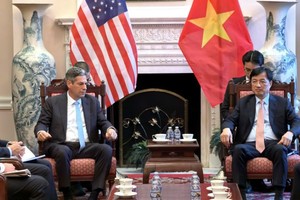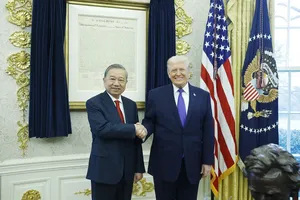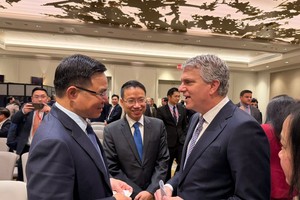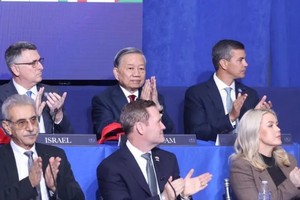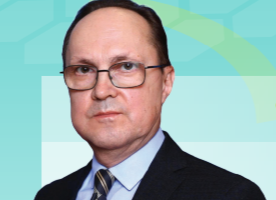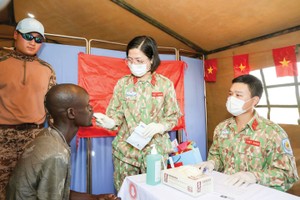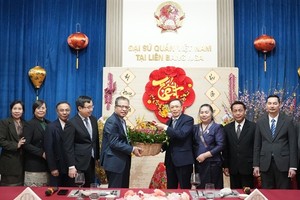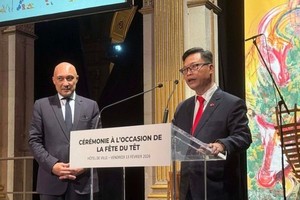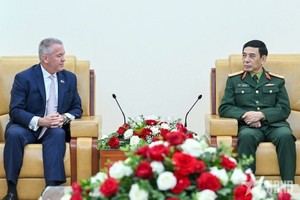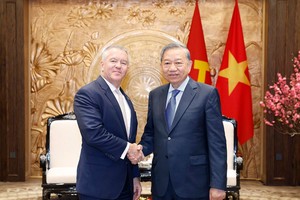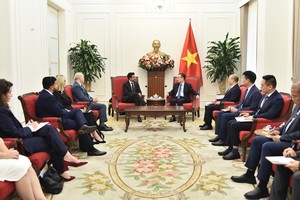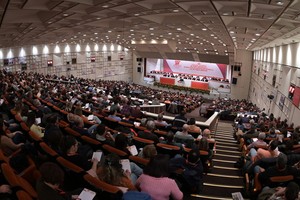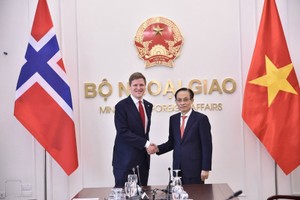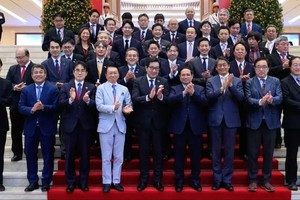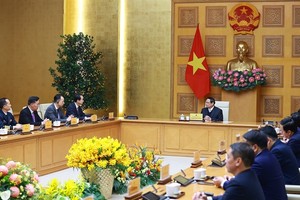Vietnam is taking part in the first-ever World Atomic Week (WAW), which opened on September 25 at the VDNKh Exhibition Center in Moscow, bringing together global leaders, experts, and youth to chart the future of nuclear energy and green technologies.
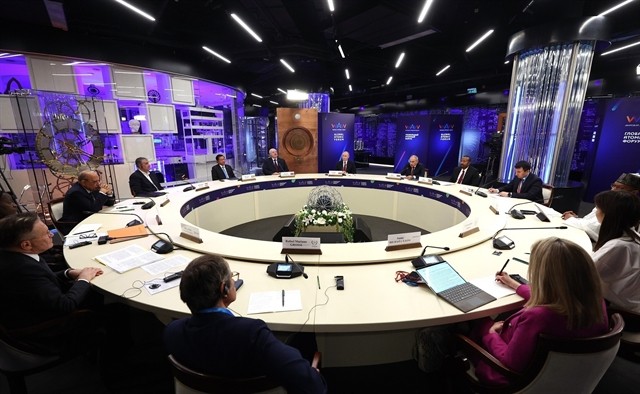
The event, one of the largest of its kind, runs until September 28 and coincides with the 80th anniversary of Russia’s nuclear industry. It has drawn more than ten thousand delegates from 118 countries, nearly 250 international speakers, and over eighteen thousand young participants. WAW serves not only as a showcase for the latest technological achievements but also as a forum for policymakers, scientists, enterprises, and international organisations to discuss sustainable energy strategies for decades ahead.
Vietnam is attending the event as an important partner of Russia in the nuclear sector. The Vietnamese delegation includes representatives from the Ministry of Science and Technology; the Vietnam Academy of Science and Technology; and the Vietnam Atomic Energy Institute. The delegation is scheduled to actively contribute to panel discussions during the event.
Senior Russian officials, including Deputy Prime Minister Aleksandr Novak and Presidential Administration Deputy Chief Sergey Kirienko, highlighted the role of nuclear energy as a reliable, environmentally friendly, and safe energy source. They emphasised that agreements forged at WAW could shape the planet’s energy future for the next century.
Leaders of the International Atomic Energy Agency (IAEA) and the World Nuclear Association (WNA) also underlined the importance of peaceful, safe, and responsible nuclear development, pointing to trends such as small modular reactors and integration with artificial intelligence.
Addressing the forum, Russian President Vladimir Putin announced that by 2030, Russia will launch the world’s first closed nuclear fuel cycle power system in Tomsk province, allowing 95 per cent of used fuel to be reused. This innovation is expected to significantly reduce radioactive waste and ensure uranium supply security.
Speaking with the Vietnam News Agency, Dr. Tran Chi Thanh from the Vietnam Atomic Energy Institute said the forum provides an opportunity to explore cooperation prospects not only with Russia but also with other countries. He recalled that during Russian President Vladimir Putin’s 2024 visit to Vietnam, leaders of the two countries agreed to resume nuclear energy cooperation, followed by the January 2025 agreement to establish a nuclear research centre.
He stressed that Russia remains a crucial partner and expressed hope for expanded collaboration in training high-quality human resources to prepare for Vietnam’s future nuclear industry.
